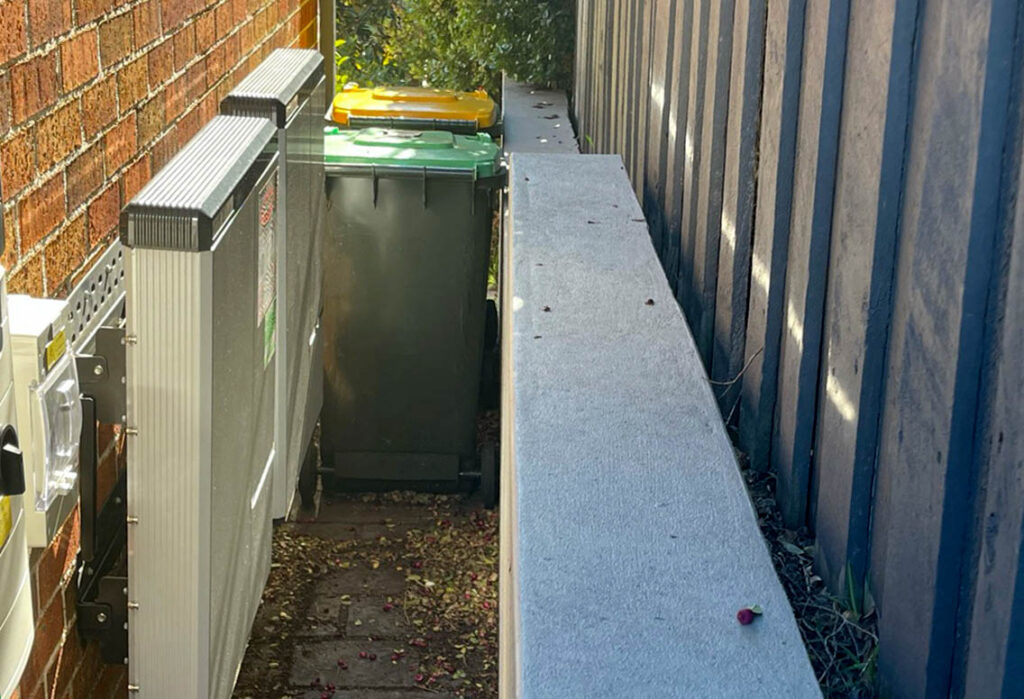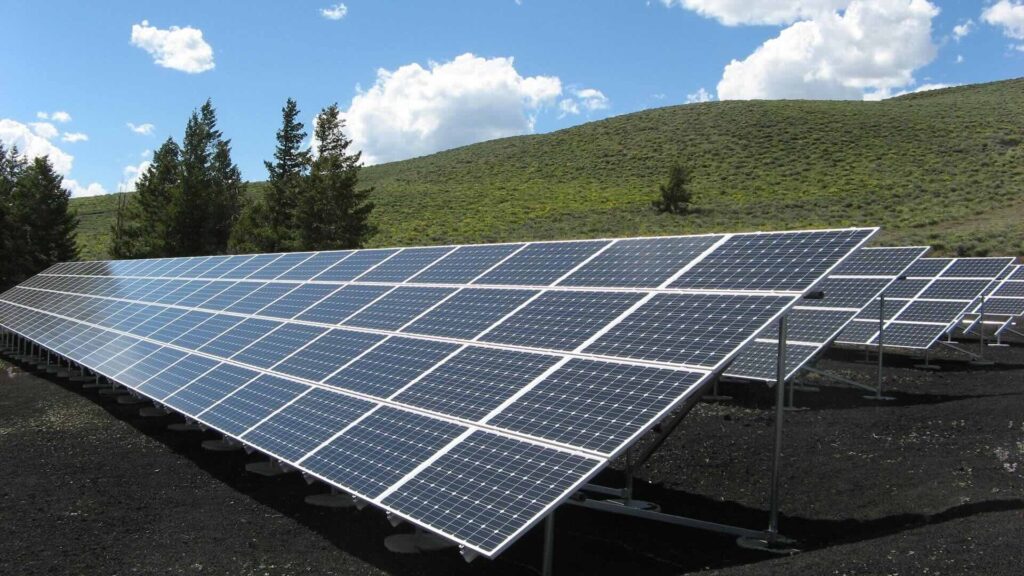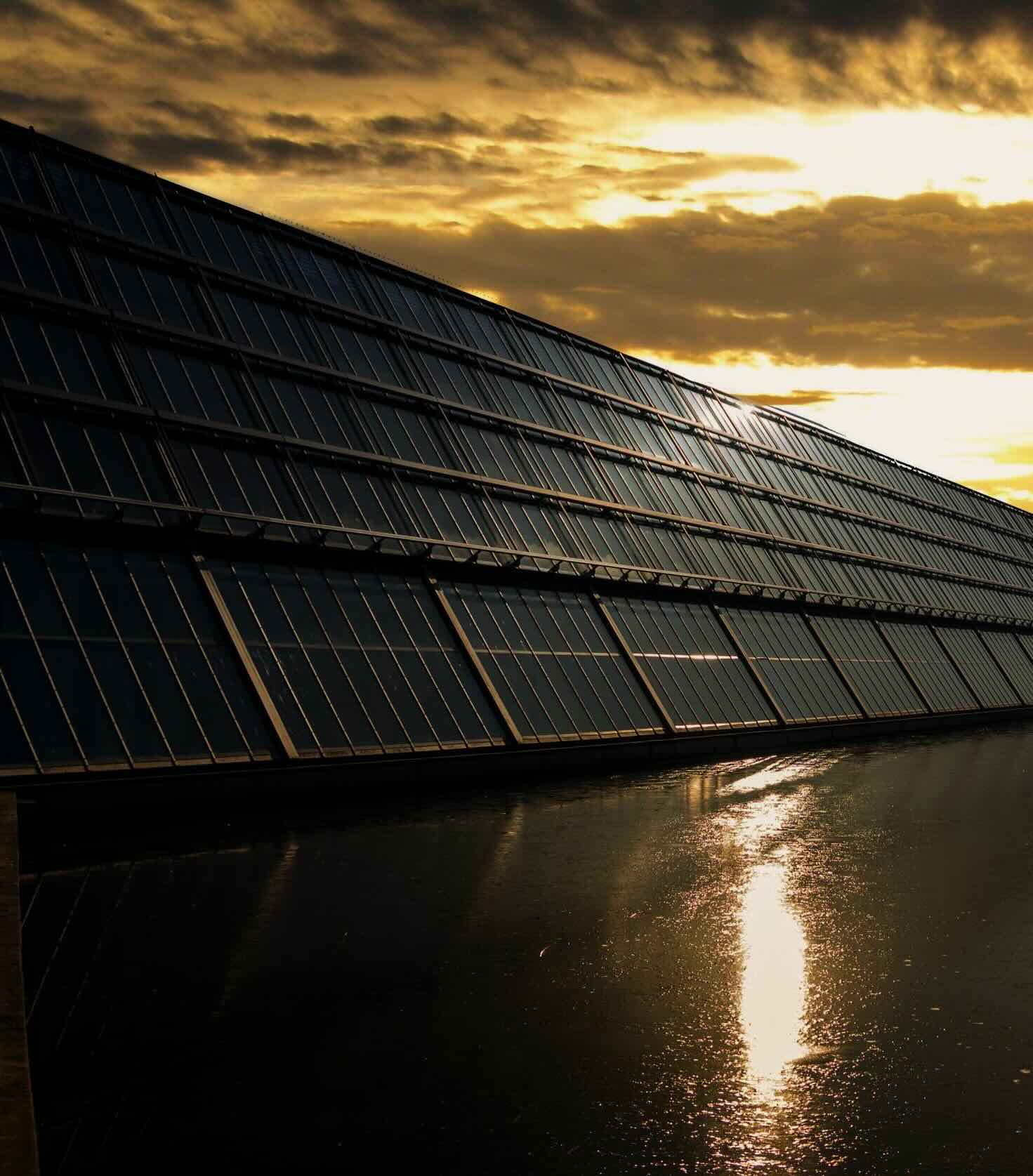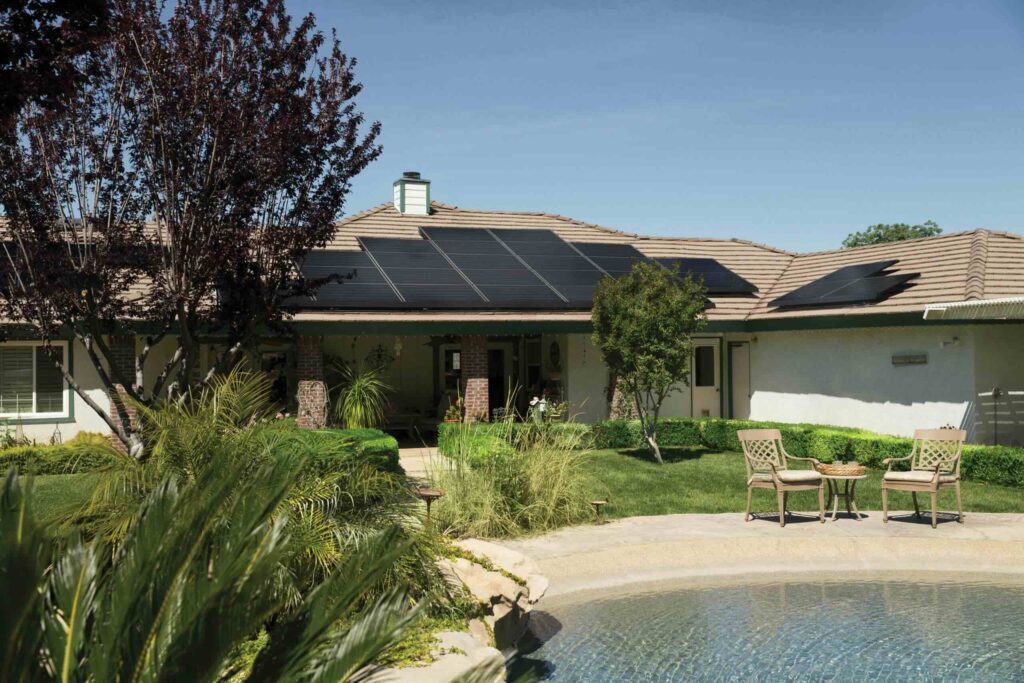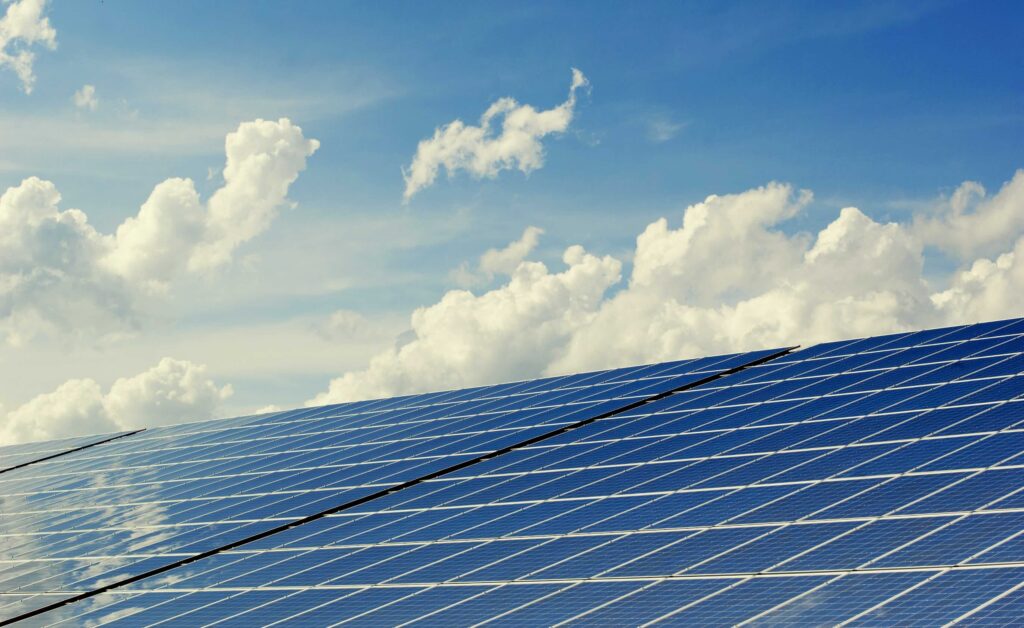Best way to make your house energy efficient at Superb solar
Making your house more energy efficient reduces your power bills, increases comfort, and helps the environment. Here’s a step-by-step guide from experts at Superb solar to the most effective strategies for improving energy efficiency in your home: 1. Improve Insulation & Sealing • Roof and Ceiling Insulation: Install high R-value insulation in the ceiling/roof to reduce heat loss in winter and gain in summer. • Wall Insulation: Particularly effective in older homes. • Floor Insulation: Adds comfort and efficiency, especially in cooler climates. • Seal Gaps and Cracks: Use weather stripping and caulking around windows, doors, and vents to prevent air leaks. 2. Upgrade Windows & Shading • Double or Triple Glazing: Reduces heat transfer significantly. • Window Films or Treatments: Reflect heat in summer and retain warmth in winter. • External Shading: Install awnings, pergolas, or shade sails to block summer sun. • Curtains/Blinds: Use thick or thermal curtains for added insulation. 3. Switch to LED Lighting • Replace all incandescent and halogen bulbs with energy-efficient LEDs. • Use motion sensors or smart lighting to avoid unnecessary use. 4. Install Solar Panels (and Batteries) • Solar PV systems offset grid electricity use and reduce bills. • Pair with a battery (eligible for rebates in NSW from July 2025) for greater savings and energy independence. • Consider joining a Virtual Power Plant (VPP) for extra income and grid benefits. 5. Use Energy-Efficient Appliances • Choose appliances with high energy star ratings. • Key upgrades: • Fridge/Freezer • Air conditioner • Washer/Dryer • Dishwasher • Look for inverter technology in air conditioners and heat pumps. 6. Smart Heating & Cooling • Install smart thermostats to optimize usage based on occupancy. • Use ceiling fans to reduce need for air conditioning. • Insulate ducts and close off unused rooms. 7. Upgrade Hot Water System • Heat pump or solar hot water systems are far more efficient than electric or gas. • These may qualify for government rebates or incentives in NSW. 8. Switch to Induction Cooking • Replacing gas with an induction cooktop is safer, more efficient, and reduces indoor emissions. • This is an important step toward fully electrifying your home. 9. Water Efficiency • Install low-flow showerheads and taps. • Use rainwater tanks for garden and toilet use. 10. Home Energy Audit by Superb Solar. • Consider hiring a professional or using a government-backed online tool to conduct an energy audit. • You’ll get a tailored roadmap of upgrades with expected savings. If you’re in NSW, some of these upgrades (like insulation, hot water systems, or lighting) may be eligible for rebates or discounts under the Energy Savings Scheme (ESS). Would you like help identifying rebates specific to your property or goals feel free to get advice from Superbsolar.com.au or info@superbsolar.com.au 1300 371883
Best way to make your house energy efficient at Superb solar Read More »

